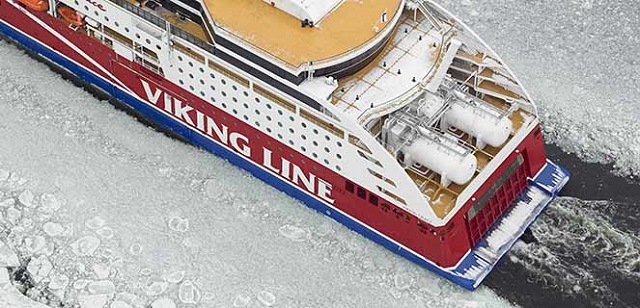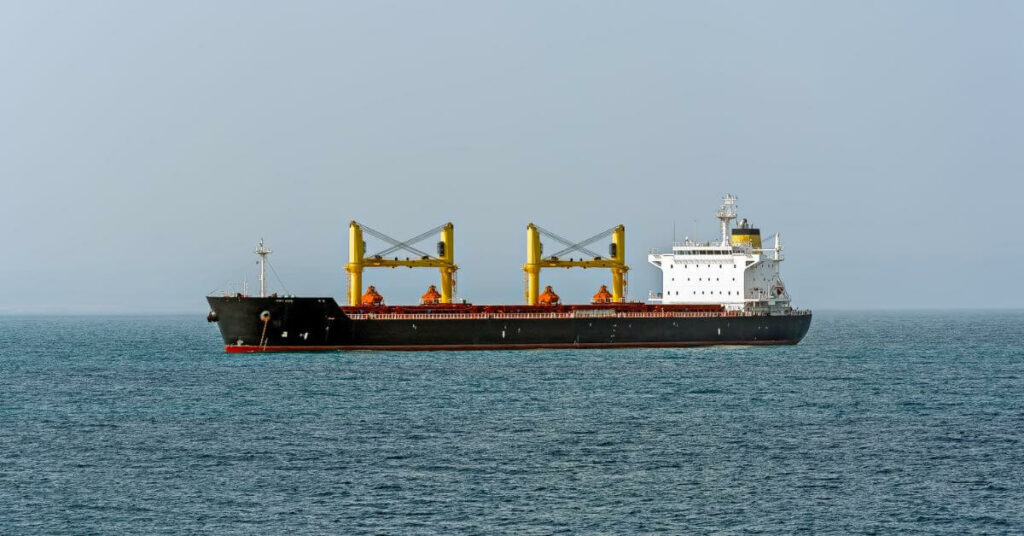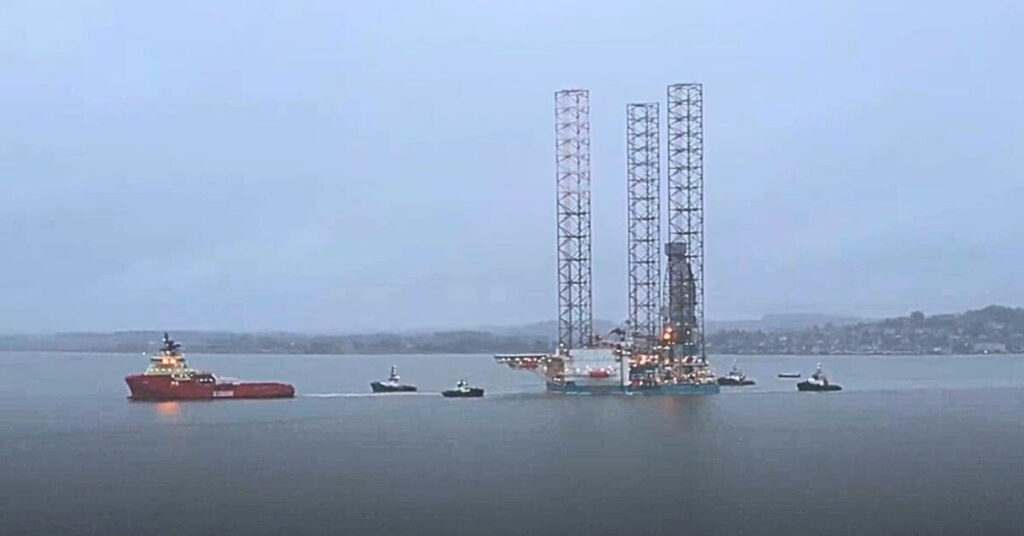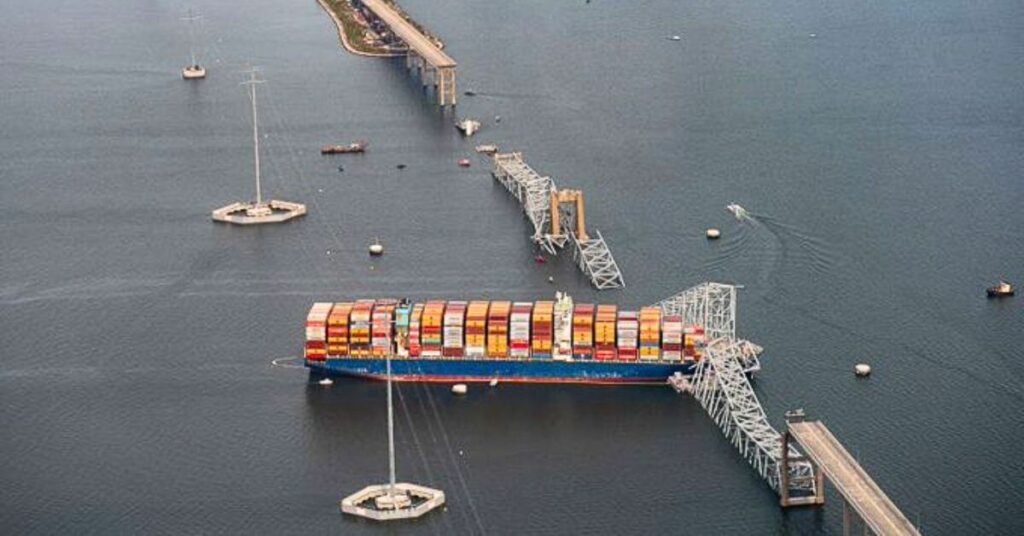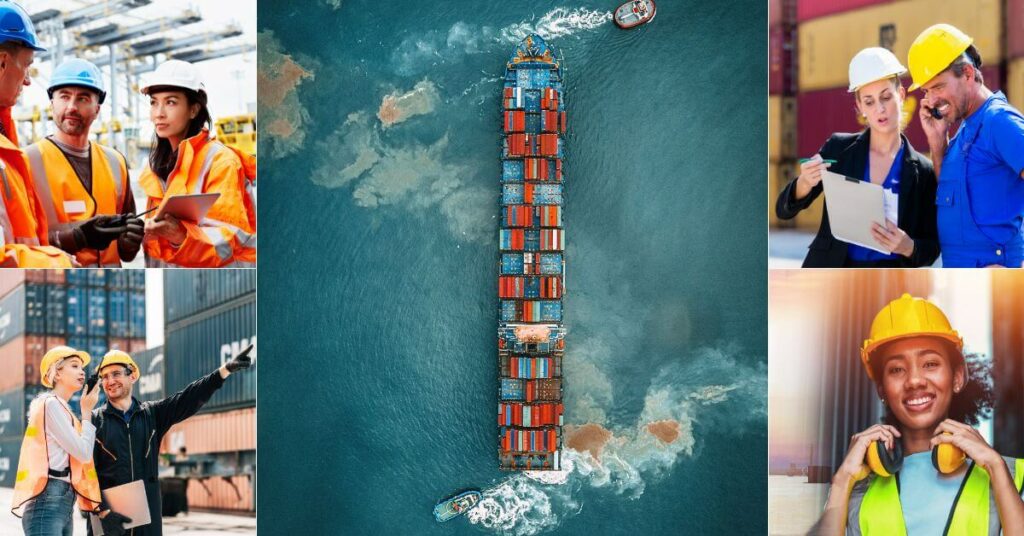Future Marine Fuel: It’s All A Matter Of Priority
Is liquefied natural gas (LNG) the future of marine fuel – or just a future marine fuel? That is the billion-dollar question.
Cleaner, safer, more affordable and easier to obtain – as the variety and interest in new marine fuels grows, shipowners and operators are more likely to opt for the prosaic than the exotic, says John Bradshaw.
Lloyd’s Register has invested heavily in supporting the development of LNG and believes it has a bright future as a marine fuel. However, it is worth stepping back and looking beyond the media headlines.
The number of LNG-fuelled ships being ordered is a small proportion of the total and, in terms of the existing fleet, statistically insignificant. For LNG to supplant oil it needs a fuel supply infrastructure to be in place, requiring significant investment. North American wholesale LNG prices are quoted to promote it as a cheap fuel, but these are not representative of LNG bunker prices.
What are the alternatives? We need to ask what society demands of future fuels. If we consider this, we will answer the question of what the future of fuel might look like.
Emissions driver
Interest in alternative marine fuels has been driven to some extent by changes to nitrogen and sulphur oxides (NOx and SOx) emissions limits. LNG is low in sulphur and gas engines have lower NOx emissions than oil engines. The ferry sector in particular is embracing alternative fuels. The economics are particularly attractive for ferries operating in emission control areas, as witnessed by the delivery last year of the 2,800-passenger LNG-fuelled ferry Viking Grace (photograph above*) and Stena’s planned conversion of the Stena Britannica to methanol.
Outside shipping, the emissions debate is dominated by carbon dioxide. Shipping will be expected to reduce its carbon intensity as society demands affordable, secure low-carbon energy; the ideal clean, readily available fuel is hardly attractive if it is too expensive.
The dilemma is facing not just shipping, but society as a whole. Society wants unlimited, cheap and clean energy. We have yet to find a fuel satisfying all three demands and are unlikely to reach this energy nirvana soon. The objectives pull in different directions and any two of them can be achieved relatively easily. There is cheap and readily available fuel if environmental impact is considered unimportant, and clean, fully renewable fuels if affordability is irrelevant. Yet while compromise is often used as a pejorative expression, achieving an optimum energy compromise is an aspiration, not a failure.
Are we running out of fuel?
When considering energy security there is increasing angst that fuel is about to run out. Is this view based on fact or fiction? Reliable sources show known oil and gas reserves have steadily increased by approximately 60 per cent since 1992. Demand is also growing, but there is no reason to panic about oil or gas and it is generally not understood that elemental carbon and hydrogen can be reformed into almost any synthesised hydrocarbon fuel using existing technology.
The economics of synthesised fuels, such as coal to liquid processes, are not attractive. However 20 years ago, this was also true of extracting shale oil and gas. Other hydrocarbon fossil fuels, including ethane and liquefied petroleum gas (LPG), can be utilised as fuel relatively easily.
Few things look as old fashioned as yesterday’s vision of today and we should remember that assumptions of future energy trends are just that – assumptions. Two extreme future scenarios are a write-down of fossil fuel reserves to combat global warming, or synthetic photo synthesis making carbon dioxide yesterday’s problem. Neither scenario is impossible, demonstrating just how energy assumptions might change.
Environmental concerns
So we should not lose too much sleep worrying about the world’s supply of fuel going dry. But what about the environmental impact? Carbon intensity of fuel depends upon how the energy system is defined. The marine Energy Efficiency Design Index (EEDI) carbon factors are based on stack emissions, but society increasingly expects a more holistic view, considering extraction, refining and supply. This could fundamentally change the carbon intensity of marine fuels.
Natural gas is cleaner than oil, but is it greener than combusting a waste product when emissions can be cleaned? Arguing that combusting residual fuel oil is environmentally responsible may seem flippant, but it is certainly possible to support such an argument, thus challenging accepted wisdom. Exhaust gas cleaning is a mature industrial technology and some exciting systems designed for the marine market are now available. Ships equipped with these systems can combust high sulphur residual oil in emission control areas.
To misquote Mark Twain, rumours of the death of oil are greatly exaggerated. Oil remains the dominant marine fuel and, with clean emissions technology, will continue to compete against the newer fuels entering shipping.
So what are the alternatives?
- Biofuel use is increasing; fatty acid methyl ester (FAME) biodiesel is widely available, but increasing societal resistance against FAME will make next generation algae derived bio-oils much more attractive.
- Methanol is generally derived from natural gas feedstocks, but with renewable feedstock being available it has great potential as a clean fuel. Although toxic and flammable, fuel handling and risk management is simpler than for LNG, since it is not a cryogenic liquid.
- Hydrogen has traditionally been energy intensive to produce in large quantities and risk management is challenging, however it is potentially both clean and abundant. If efforts to reduce the cost of generating hydrogen reach fruition, then it could potentially become the holy grail of energy; cheap, clean and abundant fuel.
- Nuclear energy is mature, clean and reliable, but acceptance of nuclear energy faces significant political, regulatory and societal challenges.
- Renewable energy, such as wind and solar, will augment fuels, such as gas or oil, but are unlikely to replace them.
There is no ‘one size fits all’ best solution. Market fragmentation with operators selecting solutions fitting their own needs is likely, perhaps resulting in multiple fuel policies within an operator’s fleet.
LR expects to see continued strong growth in the LNG fuel market, with oil retaining a large market share. Alternatives, such as methanol, biodiesel and hydrocarbon gases including LPG, will gain traction, while more radical alternatives, such as hydrogen and nuclear, should not be discounted.
Reference & Image Credits: lr
Disclaimer :
The information contained in this website is for general information purposes only. While we endeavour to keep the information up to date and correct, we make no representations or warranties of any kind, express or implied, about the completeness, accuracy, reliability, suitability or availability with respect to the website or the information, products, services, or related graphics contained on the website for any purpose. Any reliance you place on such information is therefore strictly at your own risk.
In no event will we be liable for any loss or damage including without limitation, indirect or consequential loss or damage, or any loss or damage whatsoever arising from loss of data or profits arising out of, or in connection with, the use of this website.
Disclaimer :
The information contained in this website is for general information purposes only. While we endeavour to keep the information up to date and correct, we make no representations or warranties of any kind, express or implied, about the completeness, accuracy, reliability, suitability or availability with respect to the website or the information, products, services, or related graphics contained on the website for any purpose. Any reliance you place on such information is therefore strictly at your own risk.
In no event will we be liable for any loss or damage including without limitation, indirect or consequential loss or damage, or any loss or damage whatsoever arising from loss of data or profits arising out of, or in connection with, the use of this website.
About Author
Marine Insight News Network is a premier source for up-to-date, comprehensive, and insightful coverage of the maritime industry. Dedicated to offering the latest news, trends, and analyses in shipping, marine technology, regulations, and global maritime affairs, Marine Insight News Network prides itself on delivering accurate, engaging, and relevant information.

About Author
Marine Insight News Network is a premier source for up-to-date, comprehensive, and insightful coverage of the maritime industry. Dedicated to offering the latest news, trends, and analyses in shipping, marine technology, regulations, and global maritime affairs, Marine Insight News Network prides itself on delivering accurate, engaging, and relevant information.
Do you have info to share with us ? Suggest a correction
Latest Shipping News Articles You Would Like:
Daily Maritime News, Straight To Your Inbox
Sign Up To Get Daily Newsletters
Join over 60k+ people who read our daily newsletters
By subscribing, you agree to our Privacy Policy and may receive occasional deal communications; you can unsubscribe anytime.

